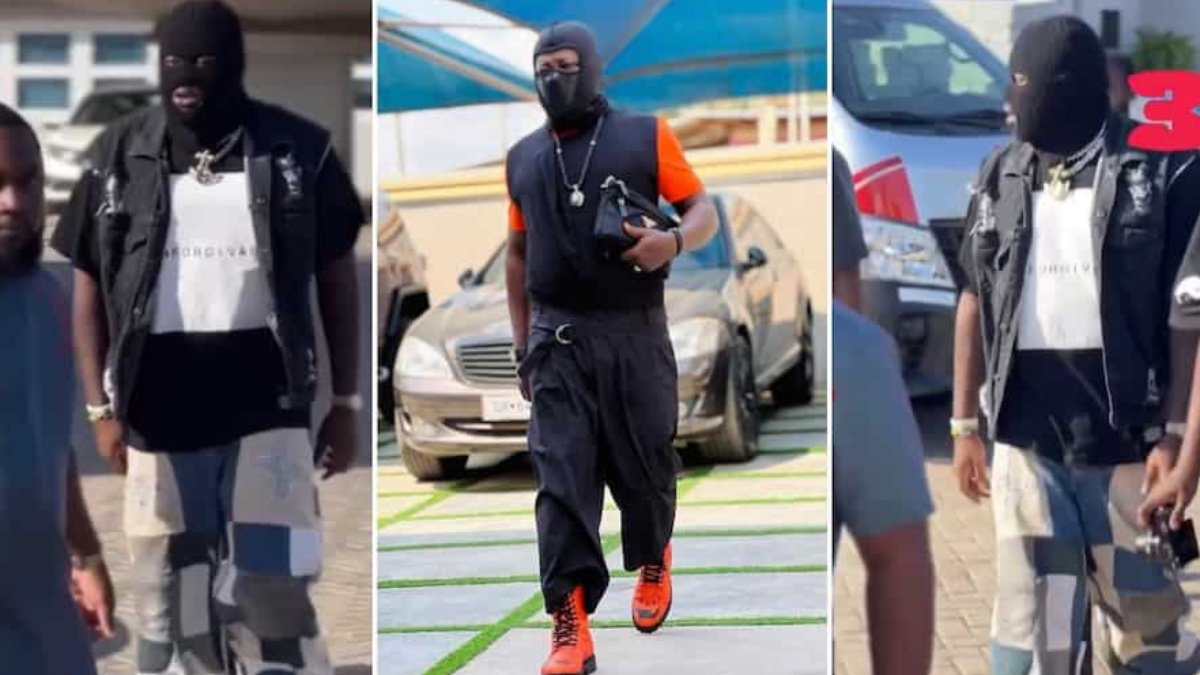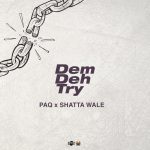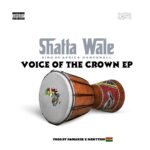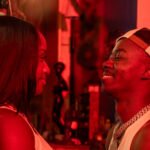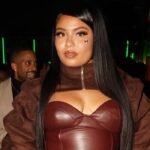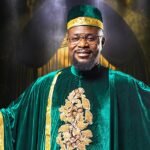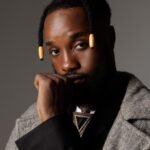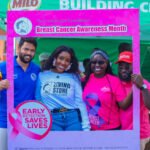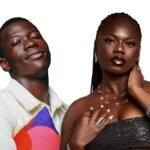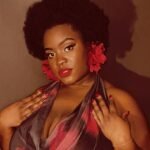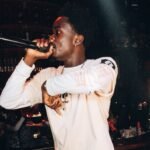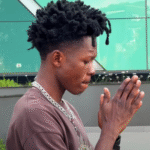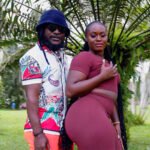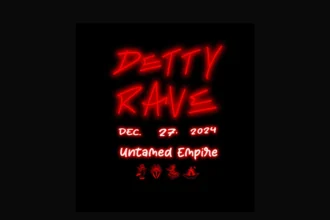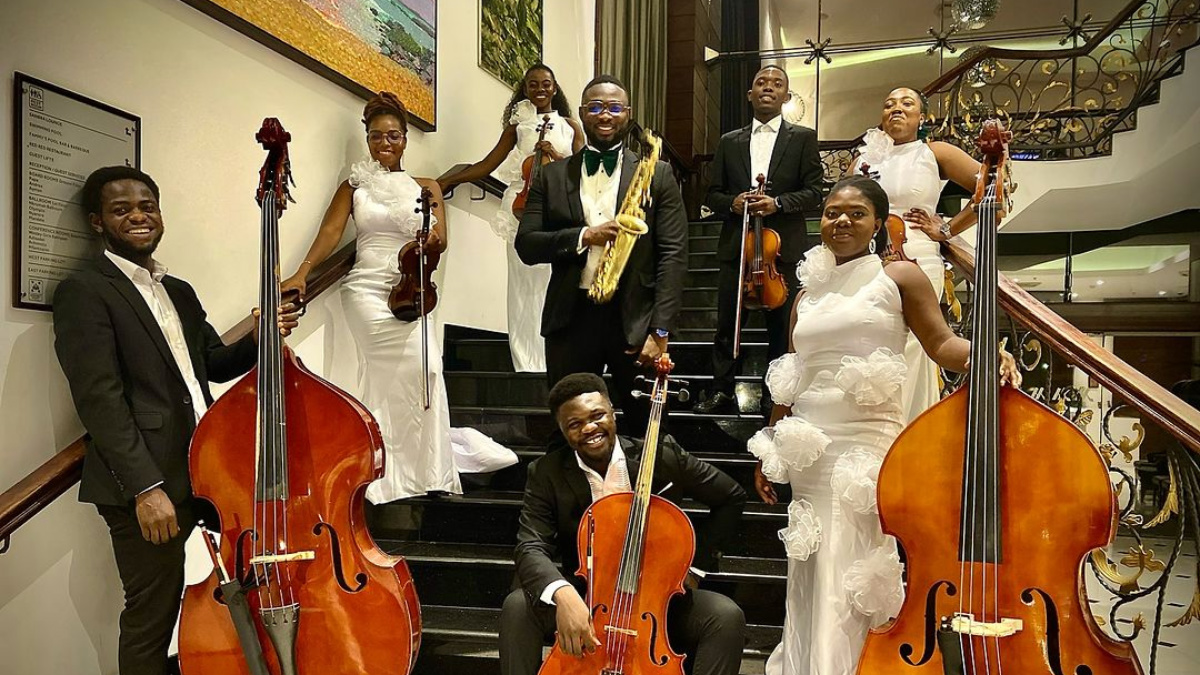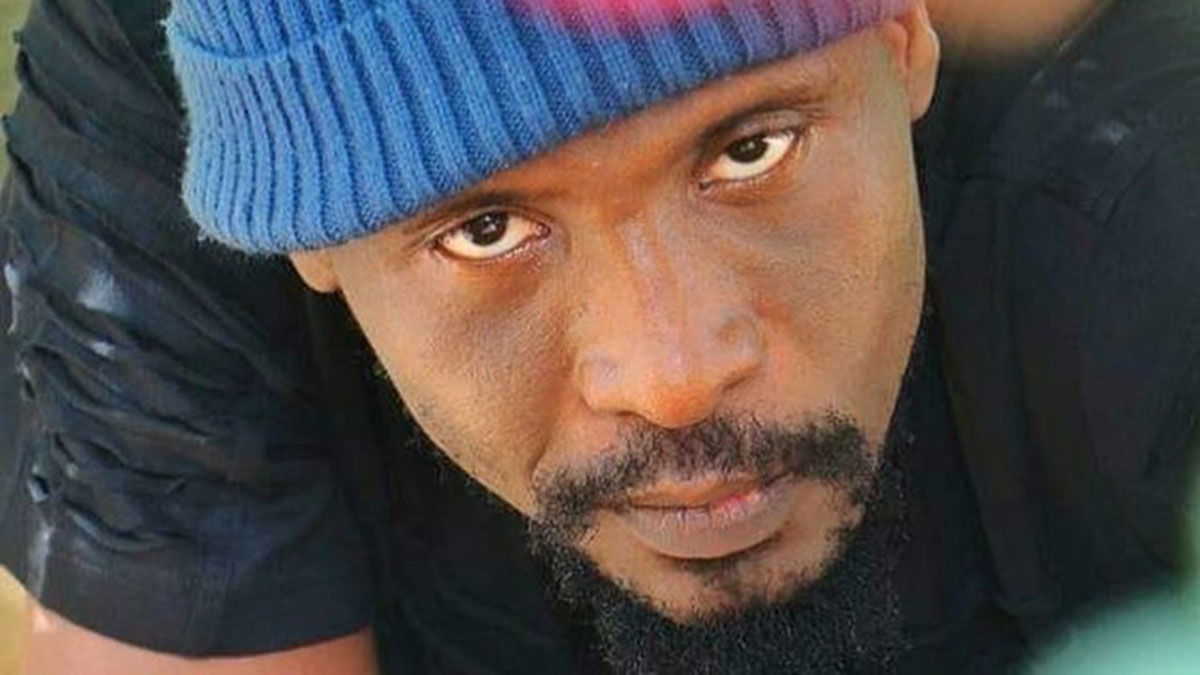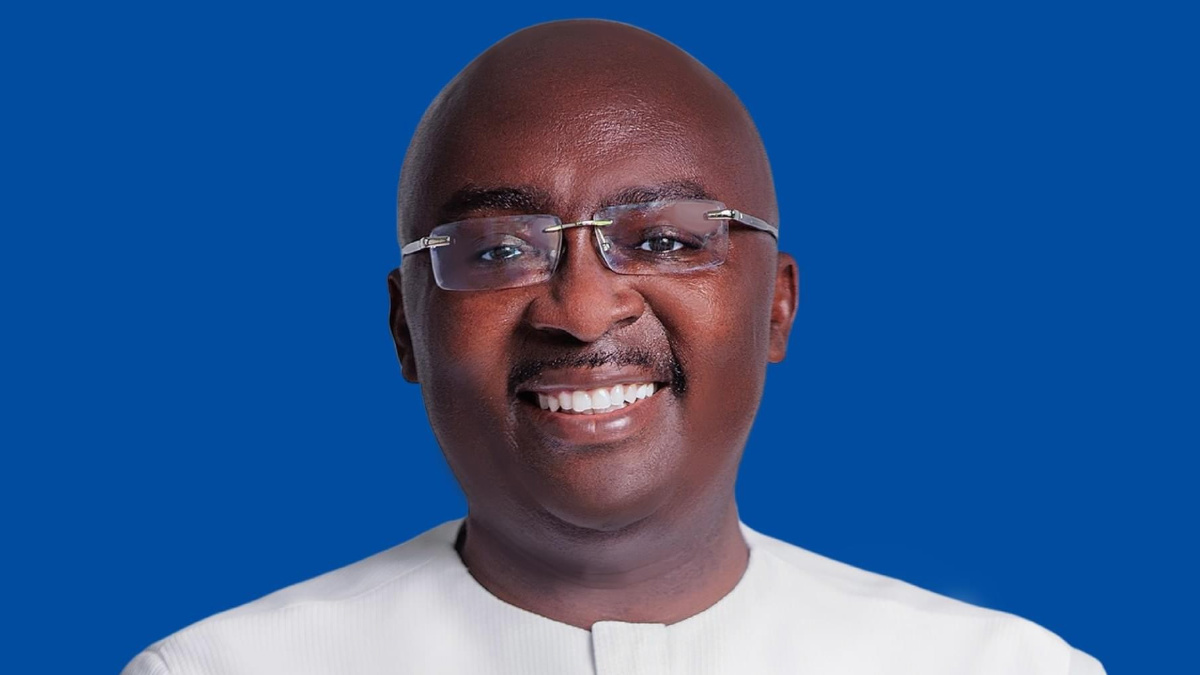Quite frankly, what we see in print, online and on the screens today seem to suggest that getting Ghanaian contemporary musicians, especially the very popular ones to endorse Ghanaian fashion in their music videos and on stage still remains a pipe dream.
Efforts have been made over the years to use the universal appeal of contemporary music such as hiplife, and lately Afropop to promote clothes cut and stitched by Ghanaian designers. Question is: are we there yet?
Okyeame Kwame, Manifest and others are doing their best to use their music platforms to promote Ghanaian fashion. It is, however, interesting to see some musicians on stage and in music videos clad in winter coats, ankle-high boots, snow jackets, fur coats and other western-style warm clothes drenched in sweat and gasping for air in the tropical Ghanaian heat.
There is no doubt that musicians in America and other western countries have had a huge influence on the dress sense of many Ghanaian musicians.
While American musicians typically promote American designs in their clips and, indeed, in their everyday activities, we see the Ghanaian musician literally simmering in the heat sporting heavy clothes fit only for chilly weather conditions.
Since the days of Juliana Norteye, known by her designer label “Chez Julie”, and recognized as Ghana’s first formally-trained fashion designer, showbiz personalities have been encouraged to wear made-in-Ghana clothes.
Veteran designers like Tetteh Adzedu of Adzedu of Shapes fame focused uniquely on preserving and reviving African styles for men. His brand was worn by several African heads of state but it does not appear many musicians and showbiz personalities stuck to his style through the years.
However, designers such as Mawuli Kofi Okudzeto of MKOGH, Tetteh Plahar of TPD and Papa Kwame Osei of PKOG made strong impressions on male musicians in the country in the 90s as many singers including Akyeame, T-Blaze and Lord Kenya at some points in their careers patronized designs by MKOGH, TPD and PKOG.
Many generals in the hiplife army in the mid-90s and early 2000s used T-shirts, bags, skirts, dresses, blouses, trousers, headgear, footwear etc. made by Ghanaian designers, especially MKOGH, TPD and PKOG.
Mawuli’s aim was to promote a strong sense of cultural identification with Africa. His designs ranged from the trendy young to the conservative older people. His designs best represented the cream of contemporary afro-centric attire into the future.
Tetteh Plahar also expressed some futuristic ideas. TPD, his signature design continues to break boundaries in the fashion world. At a time when the youth across Ghana and Africa at large are fixated on western fashion, Plahar said in a recent interview that he was busy sewing what is the go-to-style of African wear.
Papa Kwame Osei of PKOG concentrated on commercial printing and embroidery of T-Shirts, bags, shirts, jeanswear, headgear and footwear.
Another celebrated designer, Kofi Ansah of blessed memory appeared to be more focused on serving sophisticated clientele and that is why earlier in his career, he made a beaded top for Princess Anne of England.
He went on to design the anniversary fabric for the Ghana@50 Golden Jubilee Celebration. He designed the costumes for the opening and closing ceremonies of the 2008 African Cup of Nations staged in Ghana, and in 2009 was the chief designer at the Festival of African Fashion and Arts (FAFA).
So quite clearly Kofi Ansah looked beyond clothing people, although he created clothes for many showbiz personalities.
But the fact remains that more conscious efforts need to be made to get contemporary musicians to wear and promote made-in-Ghana apparel, particularly in their music videos and stage performances.
While music seems to still have a large room for improvement in the promotion of Ghanaian fashion, same cannot be said about beauty pageants.
Ghanaian Fashion greats such as Margaret Ofori-Atta of MagDanielli Designs, Joyce Ababio of Vogue Style, Nora Bannerman Abbott of Sleek Fashion , Karim Issaka of Rimartex Fashion and Jimi Delaja among many others brought the colour and splendor of Ghanaian fashion to runways during beauty pageants across the country, particularly Miss Ghana and Miss Universe-Ghana.
Relatively “new” pageants such as Miss Malaika, Ghana’s Most Beautiful, Miss Tourism Queen and the various campus-based pageants also continue to promote Ghanaian fashion heavily. Top designers, Christie Brown, Pistis, Abrantie and others frequently grace the fashion segments of the pageants with some intricate designs.
It is refreshing to note that popular fashion icon and media personality, Kofi Okyere Darko a.k.a KOD has over the last 10 years put in massive efforts through his Rhythms on Da Runway show to rewrite the contemporary story on the marriage between Ghanaian fashion and music and so far, one can only say; so good!
The 10th version of what has grown to become one of Ghana’s most prestigious events, Rhythms on Da Runway dubbed, “the Green Edition” was held at the Grand Arena in Accra last year.
The Green Edition was a celebration and glorification of the ingenuity of African talent which also sought to push up sustainable fashion in Africa.
Hopefully Rhythms on Da Runway has come to stay and the organisers should be encouraged to use the show’s massive platform to encourage Ghanaian musicians to patronize and promote made-in-Ghana fashion products on their ever-growing platforms both home and abroad.
At the Vodafone Ghana Music Awards (VGMA) event held in Accra recently many of the patrons sported made-in-Ghana apparel, which was very encouraging.
But some individuals, including winner of the Album of the Year Award, King Promise came in Western-style clothes that did not promote Ghana. King Promise could have donned a Ghanaian warrior’s ceremonial dress to depict the “Terminator” theme instead of the full leather outfit with heavy boots that he wore on stage.
African greats like Miriam Makeba, Angelique Kidjo, Kojo Antwi, Agya Koo Nimo, Fela, Mory Kante, and Youssou N’dour did not rise to the global stage wearing western apparel on stage.
Music is arguably the only universal language, let our musicians use it to sell made-in-Ghana fashion.
By William Asiedu
THANK YOU for constantly reading stories on Ghana Music. Kindly like, follow, comment, and SHARE stories on all social media platforms for more entertaining updates! Do you have content that you want to be featured on Ghana Music? Reach out to us on WhatsApp on 055 979 9767 or via Email at info@ghanamusic.com. #GhanaMusic







